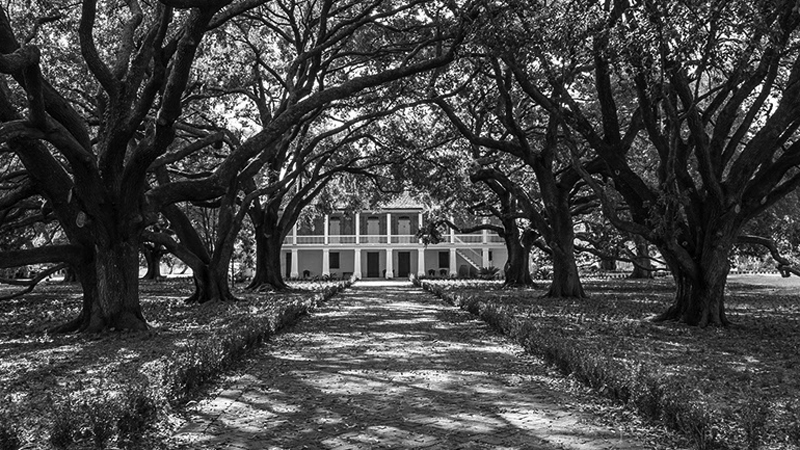Whitney Plantation director responds to viral plantation reviews
Published 6:16 am Saturday, August 17, 2019

- Whitney Plantation
WALLACE — Ashley Rogers, executive director at Whitney Plantation, wasn’t surprised to read the insensitive plantation tour reviews that went viral on Twitter last week and spurred a widely circulated analysis by The Washington Post.
While most reviews referred to McLeod Plantation in South Carolina, the header image of the story featured a slave cabin at Whitney Plantation in Wallace and included a review from a Whitney visitor who wrote, “Would not recommend. Tour was all about how hard it was for the slaves.”
According to Rogers, plantation branding in the 20th Century cultivated a romantic view of the past, immortalized by charming mansions on beautiful grounds.
“To me, it’s surprising how many people were shocked to read those because that has been what plantations have done for decades,” Rogers said. “What’s happening is visitors who have gotten used to that type of interpretation are now encountering a more truthful narrative at sites like Whitney Plantation and McLeod Plantation in South Carolina. They are experiencing a little bit of shock because we’re talking about slavery.”

Whitney Plantation opened in December 2014 as the first plantation museum in Louisiana with an exclusive focus on slavery.
Whitney Plantation opened on the West Bank of St. John Parish in December 2014 as the first plantation museum in Louisiana with an exclusive focus on slavery.
“We don’t do a good job in this country of talking about slavery. We never have,” Rogers said. “We’re uncomfortable with the parts of our history that we’ve never really dealt with. It’s easier to talk about atrocities in someone else’s backyard.”
Historic sites are among the top attractions for Louisiana tourists, falling just behind culinary/dining experiences, shopping and gambling, according to 2018 data from the Louisiana Office of Tourism.
Rogers said there are other River Road plantations interpreting slavery at the same time that they also interpret the owners of the house. Oak Alley Plantation’s tour in particular has seen major changes, she said.
However, there are still visitors who expect plantation tours to focus solely on the house and the owners. In a review of Whitney Plantation, one visitor wrote, “This I think should be described as a slave memorial rather than a plantation. I understand it has a plantation but the main focus is on the slaves’ plight.”

A memorial at Whitney Plantation includes a wall engraved with the name of every slave that had ever lived on the grounds.
However, Rogers said the vast majority of Whitney Plantation visitors are aware and appreciative of the focus on slavery.
“Stories like this that go viral make it seem that people who think that way are in the majority,” Rogers said. “I would have to say, from our point of view at Whitney Plantation, that they’re not. They are in the minority. Most people are savvy, educated and interested, especially the younger generation, and it’s something that I see as a real point of pride about our visitors.”
One of the most recent reviews reads: “I didn’t even know how to feel. I wanted to smile at the thought that this place finally exists at all. It is so long overdue for us to learn about this extremely true, unbiased, uncensored part of the US history. I also wanted to cry. I wanted to cry knowing what enslaved folks went through.”
Buddy Boe, executive director of the River Parishes Tourist Commission, said plantations as attractions are continuing to develop in telling all sides of a unique and complicated history.
“These attractions have moved into telling a more well rounded history that includes the sugar bowl on the table inside but also the sugar pot on the field,” Boe said. “Both stories existed, and we need as a region and an individual attraction to tell both of those stories so that visitors leave with a better understanding of the way life was back then, both the horrific and the glorified life inside of the big house.”
He said the viral story brought to surface a definite sentiment people do carry, though he believes every demographic that visits a plantation will leave changed when presented with a full account of history.





